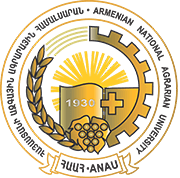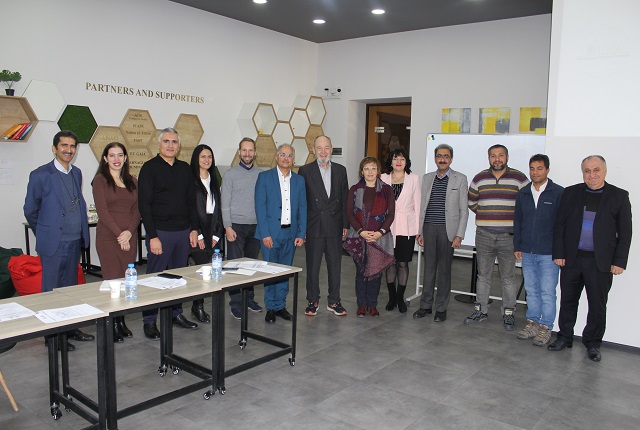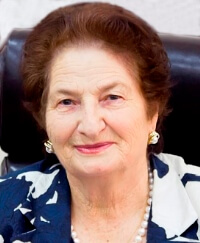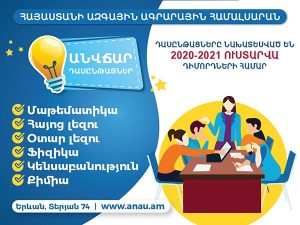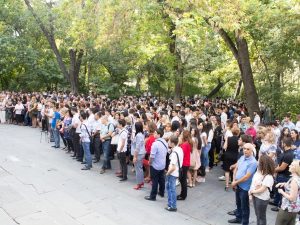«VET Demonstration Partnership for Pistachio Farm in Armenia: Geospatial Approach» VETfarm project officially launched on December 11, 2024 in frame of the Erasmus+ Capacity Building in the field of Vocational Education and Training (CB VET) programme. The main objective of the VETfarm project is to tackle the digital skills gap in the horticultural sector of Armenia by improving the level of integrated use of digital technologies through capacity-building development for agricultural VET.
For this project, a consortium consisting of 2 Armenian partners and 2 EU partners was formed, of which 3 partners are companies/research organisations and 1 partner is an agricultural VET provider. In this project, we aim to develop skilled human resources and academic infrastructure for teaching and using the geospatial approach for precision farming in Armenia, based on the needs of local partners and the experience of the project team.
In recent years, a good investment has been made by the private sector in Armenia to develop and grow large pistachio (hereafter called pista) farms. It is clear that the existence of (specialised) human resources for continuous monitoring and management of pista orchards and the use of modern technologies will play an important role in the success of this investment. For this purpose, there is a need to train future VET students in pista farming management.
On the 11th and 12th of December 2023, the VETfarm Kick-Off Meeting took place at the Armenian National Agrarian University (ANAU) and Under Sun LLC (UNDER SUN) in Yerevan, Armenia. This meeting marked the official start of the project and brought all the participating organisations together, initiate project startup activities and conduct a thorough review of the VETfarm project proposal. Subsequently, formulate an operational plan for effective communication with project partners. The participants also discussed the significance of digitalization in the pista sector and highlighted the potential impact of the project on transforming farming practices in Armenia.
The meeting had six sessions, which included university and lab tours, field/farm visits, two group photos, and over 30 participants from participating organizations, delegates, and guests. Among the guests was Ms. Lana Karlova, Coordinator of the National Erasmus+ office in Armenia. In addition to the sessions, participants also visited the Water and Land Resources Center, ANAU Center for Precision Agriculture and Drone Lab, and the Farm/Soil Lab at Under Sun company. For more information about the KOM agenda, see Annex II. The focus of the meetings was on updating the project management structure and the establishment of the steering committee, financial management, presentation and coordination of Work Packages (WPs), expected deliverables and millstones, communication, and dissemination of project activities.
